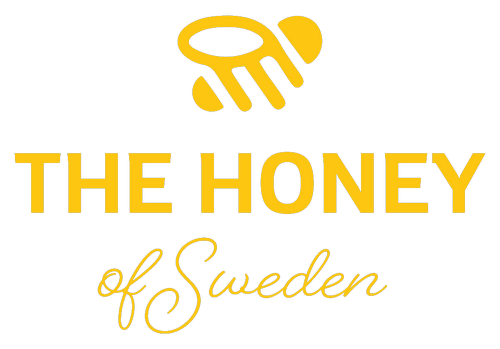
In this exclusive interview with Mats Olofsson, the founder of the Swedish Bee Company, we delve into the remarkable journey and passion that led to the establishment of this unique enterprise. Olofsson’s fascination with bees and his commitment to sustainable beekeeping practices have not only made Swedish honey distinct but also opened doors to international markets, with a particular focus on Japan. Furthermore, the Swedish Bee Company’s dedication to environmental consciousness is at the heart of their operations, aligning seamlessly with the growing consumer demand for sustainability.
Bridges: Can you share with us the inspiration and journey behind founding the Swedish Bee Company? What ignited your passion for bees and honey, and how did that lead to the establishment of your company?
It all started with an idea to get closer to nature. I took a class in beekeeping, and I was stuck. I was fascinated by how the bee colony works and the vital role bees play in nature and for pollination.
Mats Olofsson, Founder of the Swedish Bee Company
Mats Olofsson: It all started with an idea to get closer to nature. I took a class in beekeeping, and I was stuck. I was fascinated by how the bee colony works and the vital role bees play in nature and for pollination. I then continued to educate myself in the art of beekeeping and taking care of the honey and thought that I want to make a business out of this. Beekeeping can give fantastic experiences from nature. Imagine a late summer evening. Everything in nature grows so that you can see and hear it. The evening is warm, the light is still there, and you stand watching the bees that fly and collect nectar and at the same time perform an important Ecosystem Service which we all are depending on.
Could you elaborate on the factors that make Swedish honey special compared to honey from other regions? How do your sustainable beekeeping practices contribute to the distinct characteristics of your honey?
The Swedish clean and vast nature provides a very diverse flora for honeybees and other pollinators to forage from all summer. This, in combination with the short but intense summers with long days and short nights, where it never gets really dark, creates unique conditions for providing endless varieties of honey with a high diversity in tastes and aromas. We don’t do highly intensive beekeeping in Sweden. We do it on the terms of the bees and the nature. Sweden is a sparsely populated country with a lot of untouched nature with clean air, water, and soil, which provides for pure high-quality products from nature.



Expanding into international markets can be both challenging and rewarding. With a focus on the Japanese market, what opportunities do you see for your honey products? How do you plan to adapt to the cultural and market preferences in Japan while staying true to your brand’s identity?
There are several factors why we believe in the Japanese market. Japanese consumers expect high-quality products and a well-thought-through and appealing packaging. We are determined to provide both. We have listened to our Japanese business partner and adjusted the design from their advice without abandoning the core of our brand. Japan is also a huge importer of honey with 90-95% import, and we are convinced that there is room for a high-end brand like The Honey of Sweden.



Sustainability and environmental consciousness are increasingly important to consumers. Could you describe how the Swedish Bee Company integrates sustainable practices into its operations?
We avoid plastic in our equipment, and we plan journeys to the apiaries to be as efficient as possible to avoid unnecessary driving. The same goes for all transports. We leave the bees alone as much as possible. It’s better for them and it’s better for the environment with less driving to apiaries. When treating bees against pests, we only use natural organic components.



